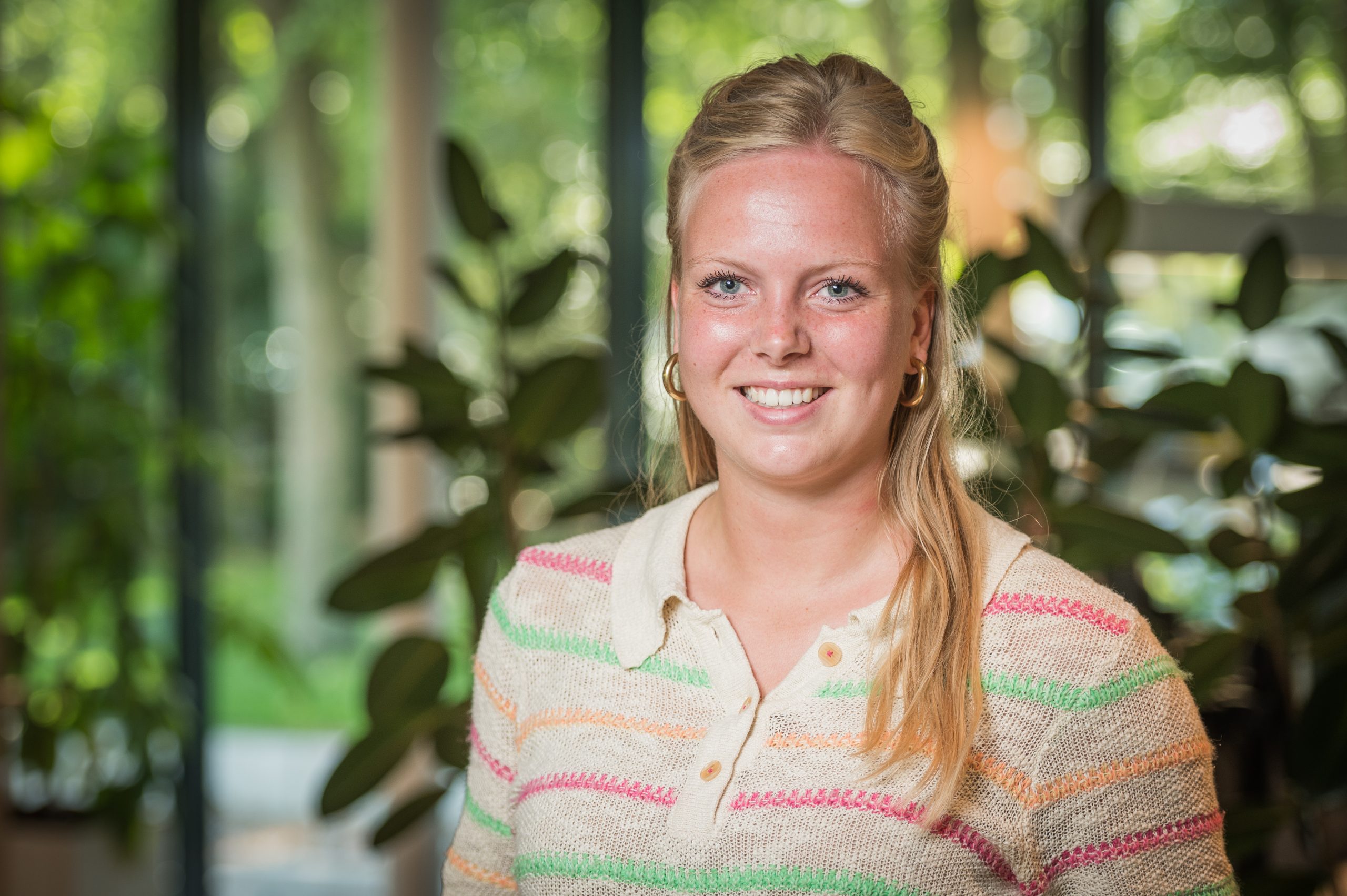In this article, both Stijn and Sebastiaan discuss their roles as a board member of Asset | Accounting & Finance. First, Stijn will talk more

For the Dutch version, click here.
Success of the dutch ecosystem
The dutch startup ecosystem has been steadily growing over the previous 5 years. Currently the Netherlands has 1.4 unicorns – private companies exceeding a €1 Billion valuation – per million citizens, placing itself fourth in the world after the UK (1.7) and in front of Germany (0.7). This success has been mainly driven by both the fintech and healthtech sectors within the Netherlands, boasting a scaleup ratio of 38% and 31% respectively. This reflects a greater success rate within these sectors compared to others.
In the future, the greatest potential of Dutch startups lies within the deeptech sector. Commonly, technologies such as photonica, robotics, and quantum computing are included under the definition of deeptech, characterized by both taking a long time until commercialization and being capital intensive ventures. These startups are driven by the researchers at Dutch universities and are an example of the great societal value of these institutions.
While the Dutch startup ecosystem has a lot to boast about, a great amount of potential is left on the table due to challenges with regards to access to capital and talent, but also a nationally interconnected community.
Lacking Capital
The main challenge for Dutch startups is a lack of capital. Compared to its peers, the Netherlands has less funding available per startups. E.g. both the UK and France have almost triple the funding available per startup. While capital alone does not make a startup successful, capital allows talent to become successful and scale their startups. This is especially true for startups within the deeptech sector, often needing funding in the hundreds of millions and years until turning break-even. They therefore need investors with patience and deep pockets, which currently are lacking within the Dutch ecosystem. Currently these types of investors can be counted on one hand, e.g. BOM, Invest-NL and Innovation Industries. While these set a great example, others are yet to follow. One cause for this is the limited allocation of funds to VC by Dutch pension funds. Dutch pension funds are the largest in the world yet invest a negligible amount into Dutch VC, while in contrast, the Nordic pension funds are smaller yet are consistently investing more into VC. If the Dutch startup ecosystem wants to reach it’s potential, the Dutch pension funds will have to step up their game.
Talent
At the moment, the Dutch startup ecosystem features multiple challenges regarding talent. First, attracting talent remains the main bottleneck for startups. Often job openings stay open for more than 60 days, and the percentage of hard to fill jobs keeps rising. Secondly, female founders remain rare within the startup ecosystem in general, but the Dutch ecosystem sees even less female founders compared to other EU countries. Lastly, too few employees of successful tech companies are founding their own startups or funding the next generation of startups.
The challenges may be the result of a risk-adverse mindset of Dutch citizens, often choosing the safer options compared to other cultures. However, there is more at play. When looking at capitalization tables of Dutch startups, we see that foreign investors own more equity within Dutch startups resulting in a lower share for both the founders and employees of the startup compared to American startups. As a result, more capital flows out of the ecosystem leaving little for reinvestment, but more importantly Dutch startup employees enjoy very little of the profits of startups, removing any incentives for risk taking within the ecosystem.
Community
In the Netherlands, there is already a large amount of institutions ready to support the startup ecosystem. On a national level, Techleap supports the ecosystem as a whole, including collaborating with the government to make changes to it’s startup policy. Regionally, development agencies such as the Brabantste Ontwikkelings Maatschappij can be found, who provide government funds to both startups and VC funds, acting as a pillar within the region. Futhermore, there are collaborations such as Braventure, who try to connect the community within the region.
However, the Dutch startup ecosystem is still too fractured. Each startup community is centered around the local universities, allowing access to the talent pools of these universities, but each communities remains too focused on their own region. There is too little collaboration between each region, and despite the small size of the Netherlands, other startup hubs seem too far away to work with. Once again this may be due to the Dutch culture, but for the Dutch startup ecosystem to thrive, we need strong connections between each region. This will have to start with collaborations between universities which allow students to make connections outside of their own university, which would disrupt the fractured nature of the Dutch startup ecosystem.
Looking Forward
All in all, the Dutch startup ecosystem faces major challenges in both available funding and talent, however it shows a great potential for growth and success. In the near future, policy changes learning from our peers in Sweden, the UK and Isreal will allow us to bridge the gap towards them. However, we will need a change in mindset, including risk taking, sharing profits with employees, and giving back to the next generation of startups in capital, knowledge, and experience to truly enable the potential of the Dutch startup ecosystem.






















